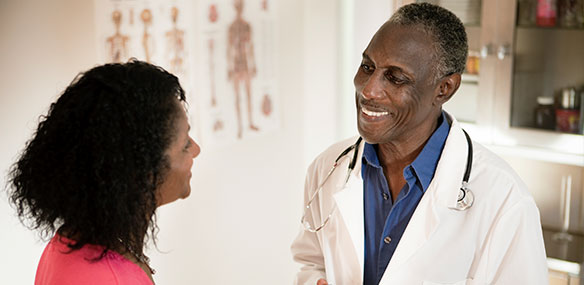SomnusNooze
 Do people of different races/ethnicities experience the same hypersomnia symptoms? This is still an open question, but one study found that African Americans with narcolepsy are less likely to have cataplexy, even when hypocretin levels are low.
Do people of different races/ethnicities experience the same hypersomnia symptoms? This is still an open question, but one study found that African Americans with narcolepsy are less likely to have cataplexy, even when hypocretin levels are low.
The important points from this 2015 study by Kawai et al, entitled Narcolepsy in African Americans were summarized in an excellent editorial by our Medical Advisory Board Member, Dr. Kiran Maski: Understanding Racial Differences in Narcolepsy Symptoms May Improve Diagnosis. (The free full text of both articles is available at these links).
There are two main practical takeaways:
- For African Americans (and possibly all Black people) currently undiagnosed or diagnosed with narcolepsy type 2 or IH (especially without long sleep time), hypocretin testing may be extra important for accurate diagnosis. Since African Americans appear to be less likely to have cataplexy, even when their hypocretin levels are actually low, they may be less likely to be correctly diagnosed with narcolepsy type 1 (unless they have that hypocretin testing or until they develop cataplexy years later). Cataplexy may develop years later among African American patients, but it is unknown why this milder cataplexy presentation may be seen despite low hypocretin levels.
- African American people with narcolepsy may also present differently in other ways. In addition to being less likely to have cataplexy, they may be younger at symptom onset and have more severe daytime sleepiness.
Note: Hypocretin testing requires a spinal tap to obtain a sample of cerebrospinal fluid (CSF). Interested patients should start by talking with their sleep doctors. For further information about hypocretin (and HLA-DQB1) testing, check out SleepReviewMag’s interview with Joshua Bornhorst, PhD, DABCC, FACB, co-director of Mayo Clinic’s immunoassay lab. In the U.S., CSF can be sent to Mayo Clinic Laboratories for hypocretin/orexin testing.
Reviewed and approved by MAB member, Dr. Kiran Maski.
